UCI to pass on Armstrong information to USADA, WADA
McQuaid appears at French Senate anti-doping committee hearing
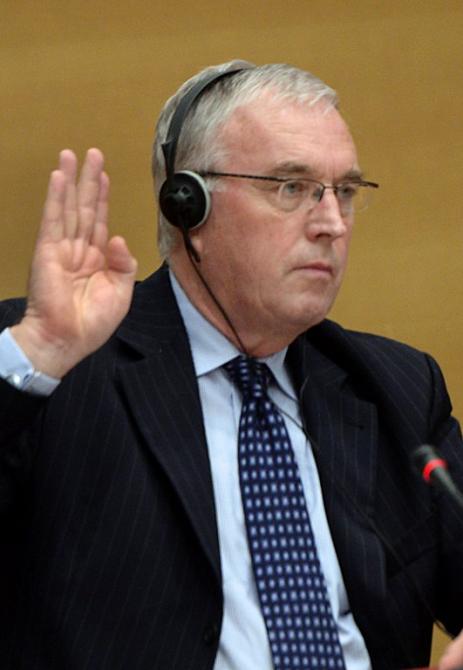
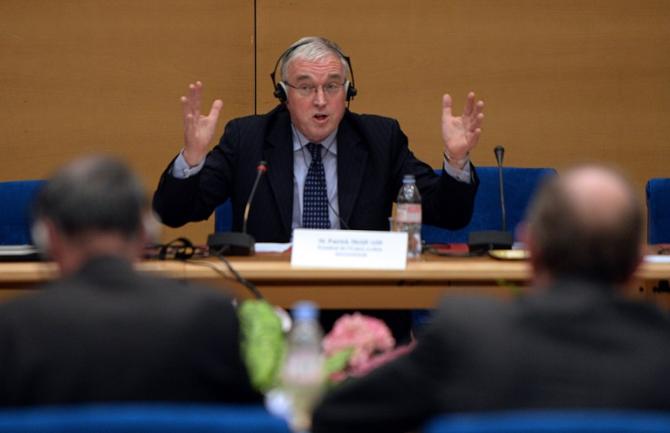
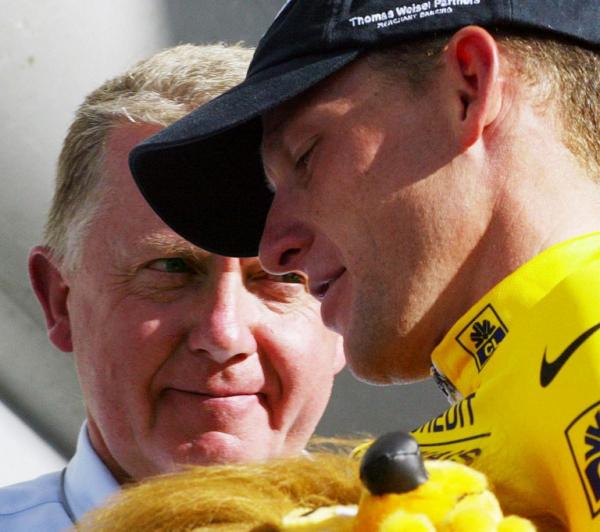
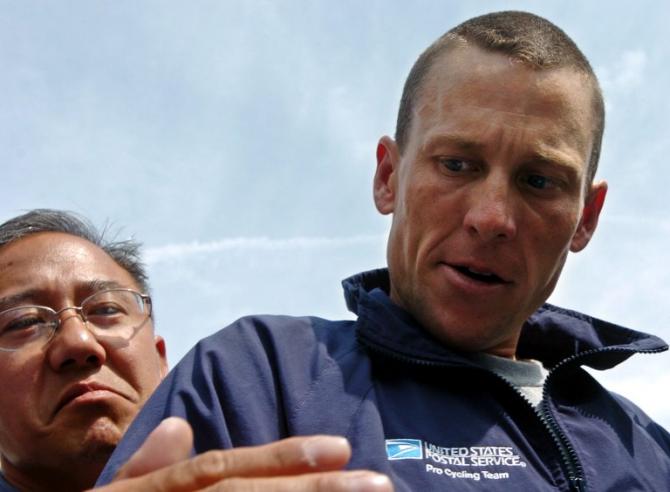
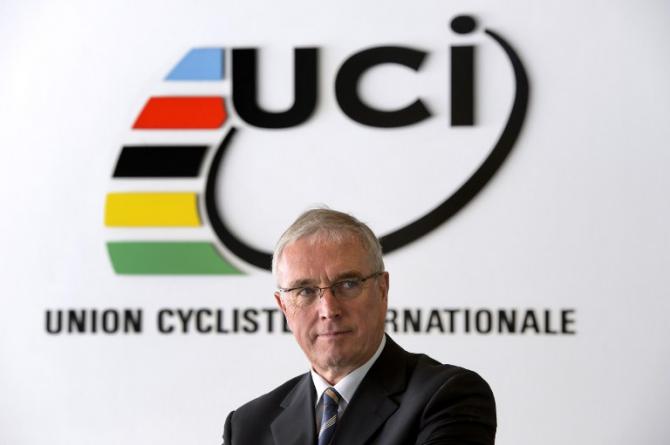
International Cycling Union president Pat McQuaid said that the handover of information regarding Lance Armstrong to the United States Anti-Doping Agency, along with the World Anti-Doping Agency will begin this week.
Speaking at a French Senate inquiry into anti-doping, McQuaid also denied that Armstrong ever received special treatment.
"We weren't protecting Lance Armstrong, not at all, no," he insisted in an interview with AFP. "We didn't give him anything special, and I think we've said that many times before."
According to McQuaid, he will meet USADA boss Travis Tygart in coming weeks after laboratory findings are passed on, going back as far as 1999. During his time at the hearing McQuaid denied that the Armstrong's test samples from the 2002 Dauphiné Liberé had returned suspicious results.
Last year Swiss anti-doping laboratory director Martial Saugy told AFP that been aware of the suspect sample.
"The politics of the UCI at that time, if there was such a result involving an important competitor, was to meet them and ask for an explanation," Saugy said. "That was their approach to prevention."
During the hearing on Wednesday, McQuaid who took the presidency from Hein Verbruggen in 2005 explained that at the time, the procedure for suspicious samples was complicated.
Get The Leadout Newsletter
The latest race content, interviews, features, reviews and expert buying guides, direct to your inbox!
"The problem is that at that time - I was not president of the UCI - EPO tests were not certified. A result would be positive or negative but the UCI could not act. You could not even says that there were suspicions because it paved the way for, perhaps, a lawsuit against us," he said. "You could just target the athlete during the next competition. This is what was done during the 2001 Tour de France on Armstrong."
McQuaid also argued that blame for what was labelled by USADA as "the most sophisticated, professionalized and successful doping program that sport has ever seen" should not only rest on the governing body's shoulders, but also that of WADA and their US counterparts.
He also championed the sport's introduction of the blood passport program in 2008.
"The UCI has a lot to do to regain the prestige and explain his performance in light of his doping activities, but to this day, the peloton is not the same as it was 10 or 15 years ago.
"We try harder and stronger than anybody else," McQuaid continued. "We are the most advanced federation against doping. We spend seven million Swiss francs each year in the fight against doping. If I had more money, I'd spend more on it. That's true. But it's all a question of economies."
A report will be handed down by the French Senate anti-doping committee next month.